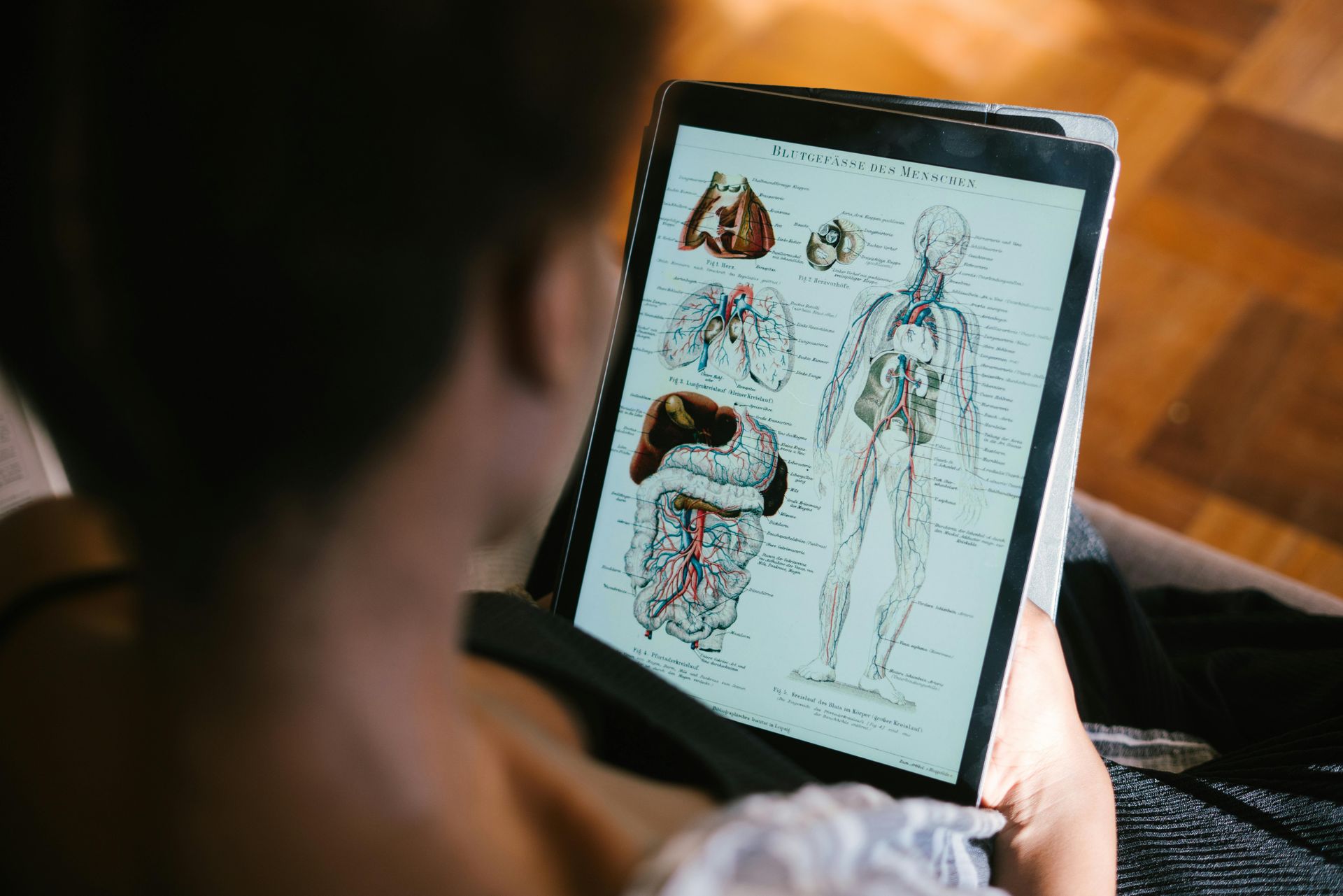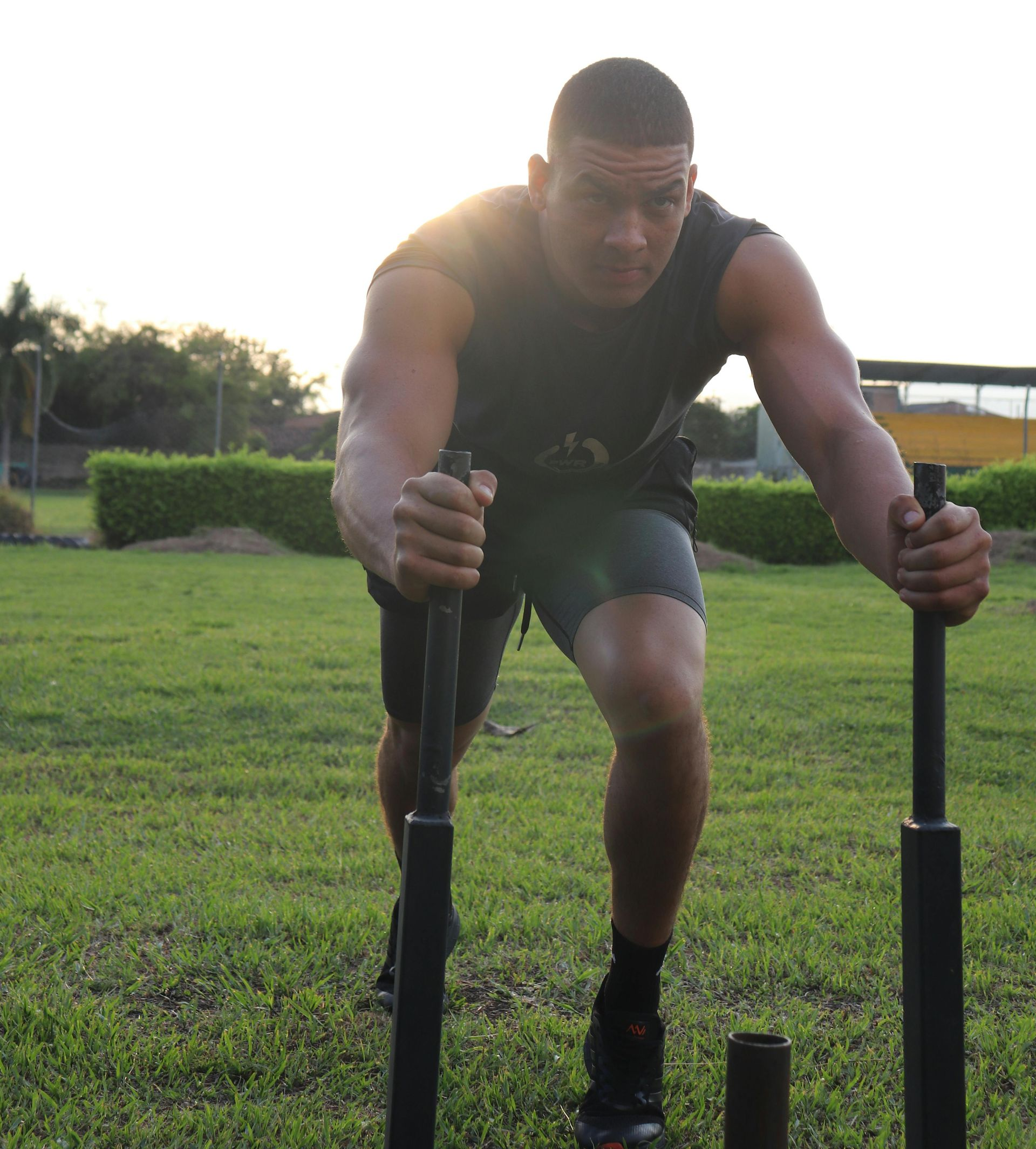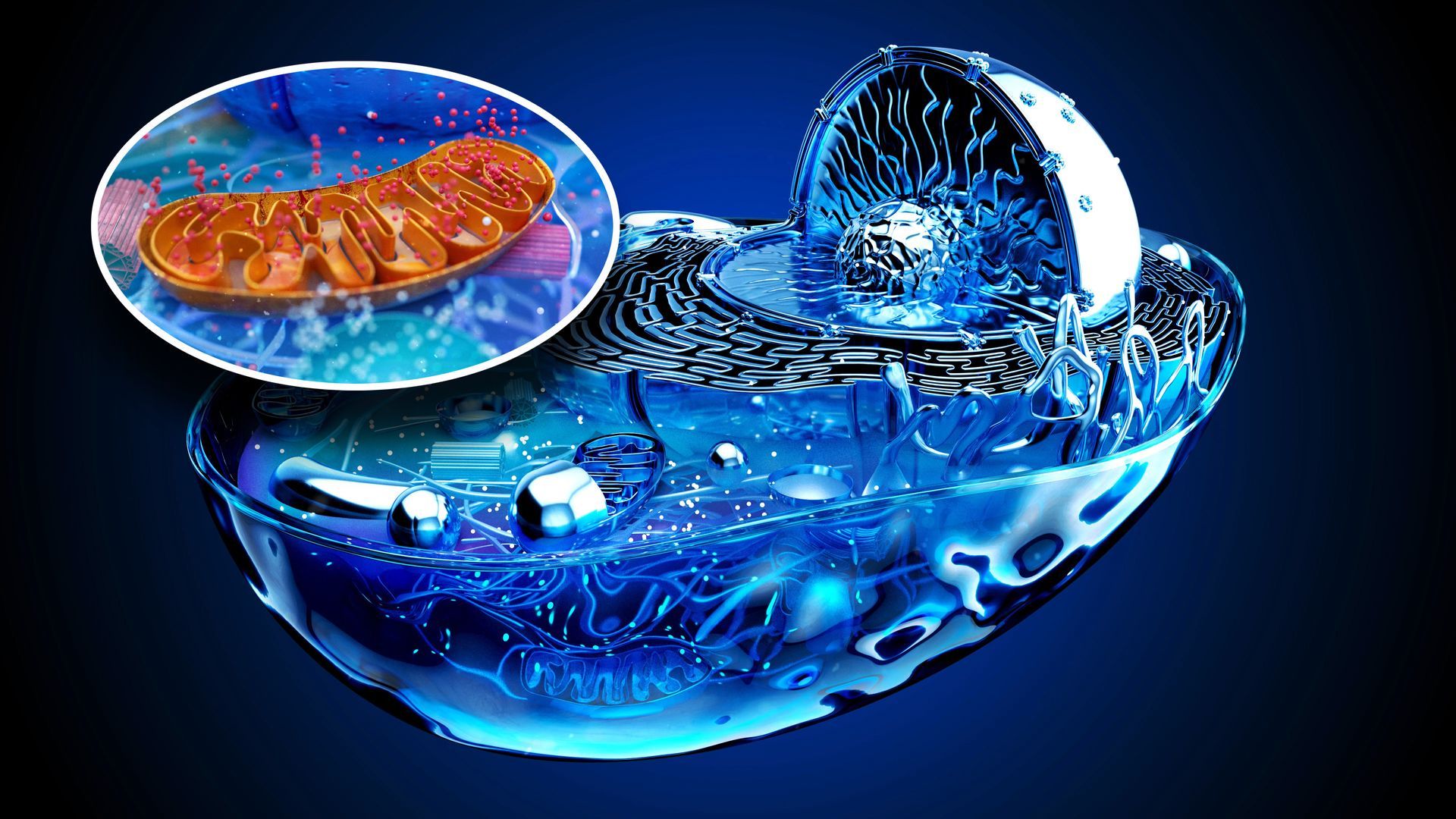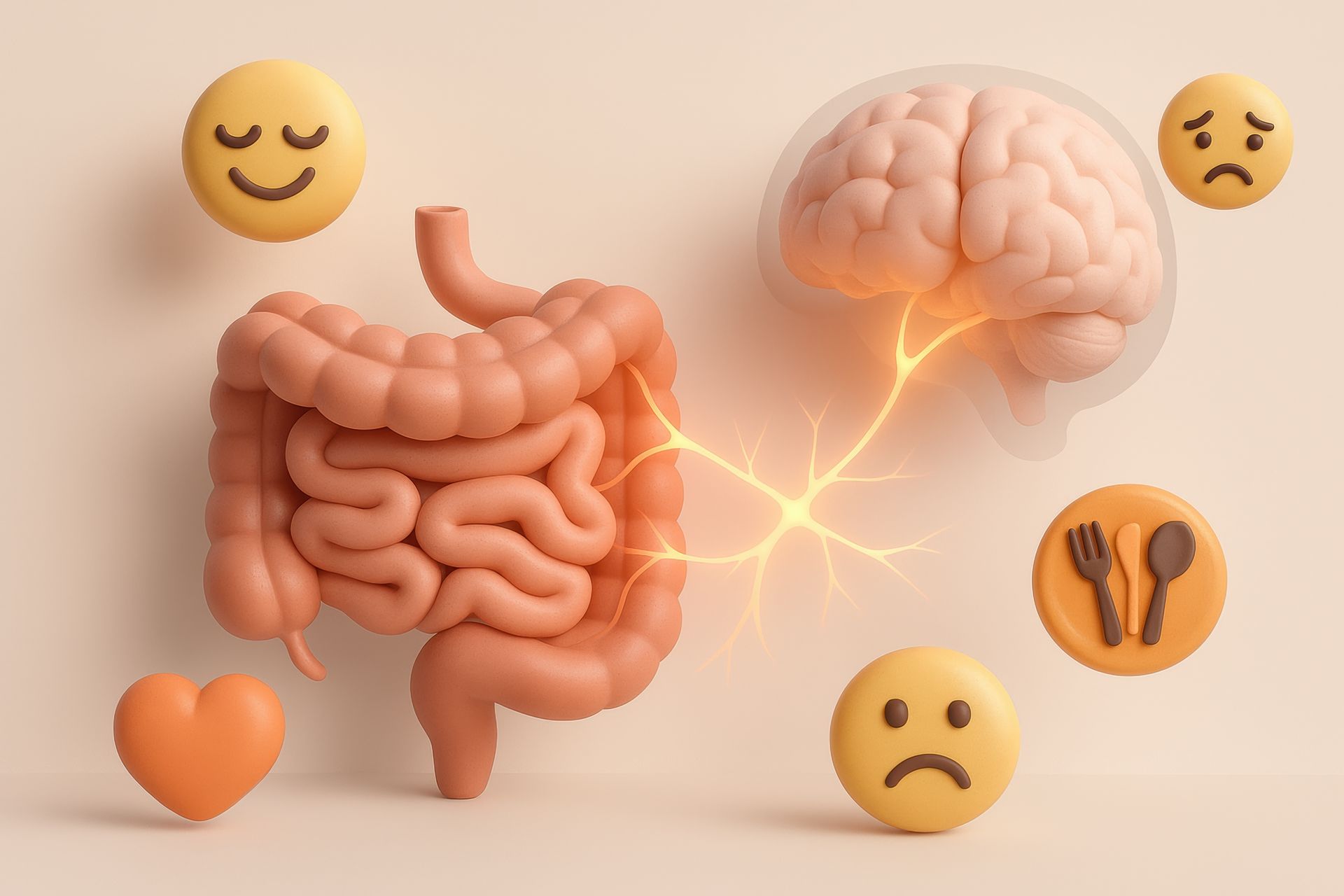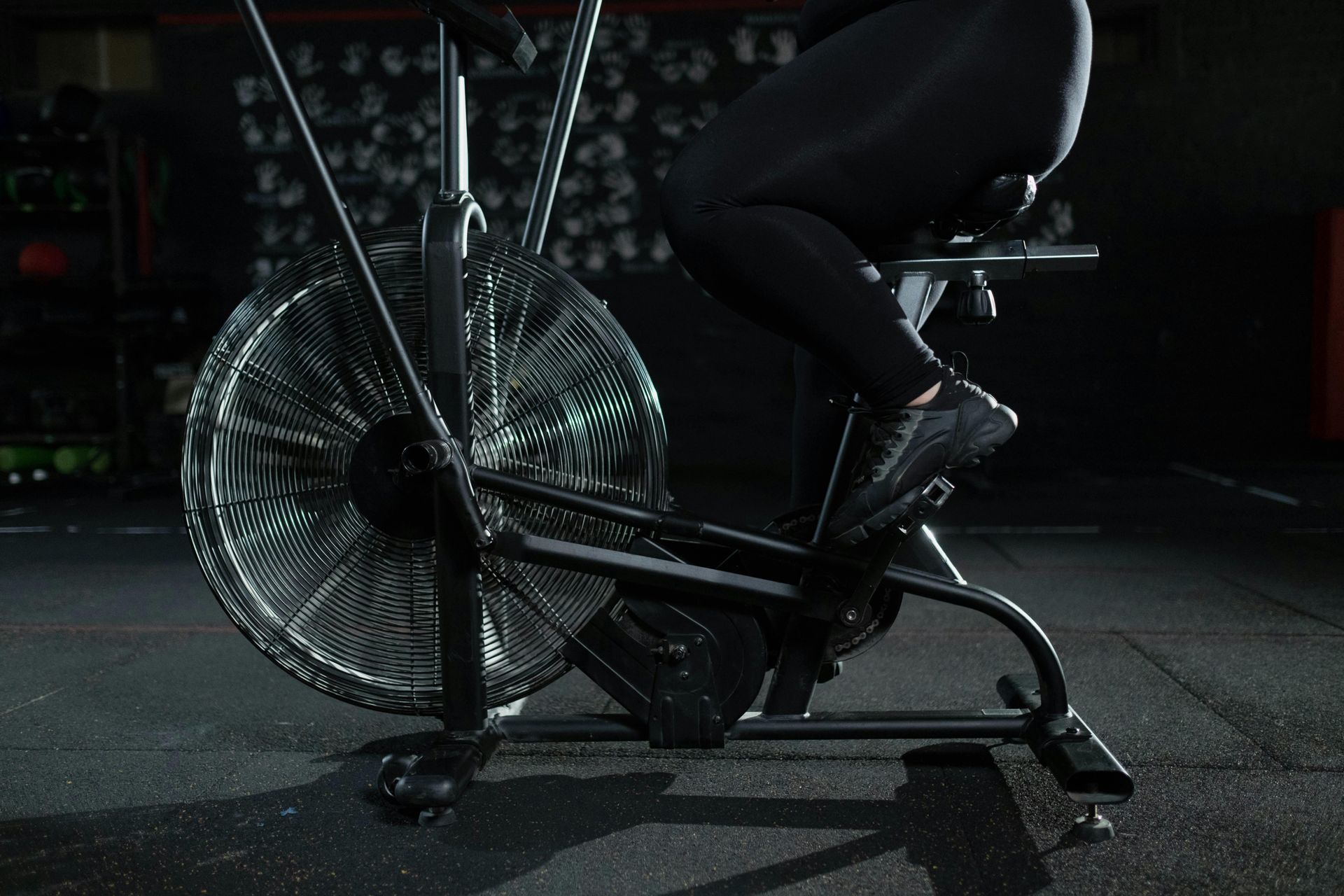Hydration Guidelines for Student-Athletes
Hydration Guidelines for Student-Athletes
INTRODUCTION
Staying properly hydrated is crucial for maintaining peak athletic performance, overall health, and well-being. Dehydration can lead to a significant decrease in performance, increase the risk of injury, and cause a range of symptoms from fatigue to dizziness.
Dehydration typically develops gradually over days rather than happening all of a sudden. It often begins with small, unnoticed deficits in fluid intake, especially if you're not drinking enough water throughout the day. That means you are losing more water than you are consuming. As you go about your daily activities—attending classes, practicing sports, and simply moving around—you lose fluids through sweat, breath, and urine.
If you don't consistently replace these lost fluids, even minor dehydration can start to build up. Over time, this leads to a gradual loss of your body’s water. By the time you notice symptoms like thirst, fatigue, or dark urine, your body is already in a state of dehydration. This slow onset is why it’s important to hydrate regularly, not just when you feel thirsty, to prevent dehydration from taking hold and affecting your performance. Unfortunately, people that are chronically dehydrated often do not notice the early symptoms of dehydration.
HYDRATION GUIDELINES
1. Start Your Day Hydrated
- Morning Hydration: Begin your day with a glass of water (8-16 oz) as soon as you wake up. This helps replenish fluids lost overnight.
- Breakfast: Pair your morning meal with another 8-12 oz of water or a hydrating beverage like juice, milk or a sports drink.
2. Hydrate Consistently Throughout the Day
- During School: Carry a water bottle with you where you know the volume of the bottle and sip regularly. Aim to drink at least 8-10 oz of water every hour, especially between classes.
- Lunch: Drink at least 16-20 oz of water with your meal. Avoid excessive consumption of sugary or caffeinated drinks as they can contribute to dehydration.
- Afternoon: Continue sipping water (8-10 oz per hour) leading up to practice or games.
3. Pre-Practice/Game Hydration
- Two Hours Before: Drink 16-20 oz of water or a sports drink.
- 15-30 Minutes Before: Consume an additional 8-12 oz to ensure you are fully hydrated before exertion.
4. Hydrate During Exercise
- During Practice/Games: Aim to drink 4-8 oz of water or sports drink every 15-20 minutes, especially during intense or prolonged activities.
5. Post-Exercise Rehydration
- Immediate Recovery: Drink 16-24 oz of water or a sports drink
- Evening Hydration: Continue to drink water with your dinner and before bed to maintain hydration levels.
UNDERSTAND THE IMPACT OF DEHYDRATION
- Performance Decline: Losing just 2% of your body mass due to dehydration can lead to a noticeable decrease in athletic performance, including reduced endurance, strength, and cognitive function.
- Symptoms of Dehydration: These can include headache, dizziness, dark urine, fatigue, and muscle cramps. If you experience these, hydrate immediately and notify a coach or trainer.
HYDRATION TIPS FOR SPECIFIC SCENARIOS
- Hot and Humid Conditions: Increase fluid intake during the day and during exercise as you will sweat more.
- Cold Weather: Don’t neglect hydration; you may not feel as thirsty, but your body still needs fluids.
- Tournament Days: Start hydrating well before the event, continue to hydrate between games, and rehydrate thoroughly after each match.
NUTRITION AND HYDRATION
- Eat Hydrating Foods: Incorporate fruits and vegetables like watermelon, oranges, cucumbers, and leafy greens into your meals and snacks. These foods have high water content and can help with hydration.
- Balanced Meals: Combine your water intake with meals that include a mix of carbohydrates, proteins, and healthy fats, which aid in fluid absorption and energy balance.
KEY TAKEAWAYS
- Be Proactive: Don’t wait until you’re thirsty to drink water. Thirst is a late sign of dehydration.
- Make it a Habit: Integrate hydration into your daily routine. Consistency is key to preventing dehydration.
- Monitor Your Urine: Aim for light yellow or clear urine as a sign of proper hydration.

